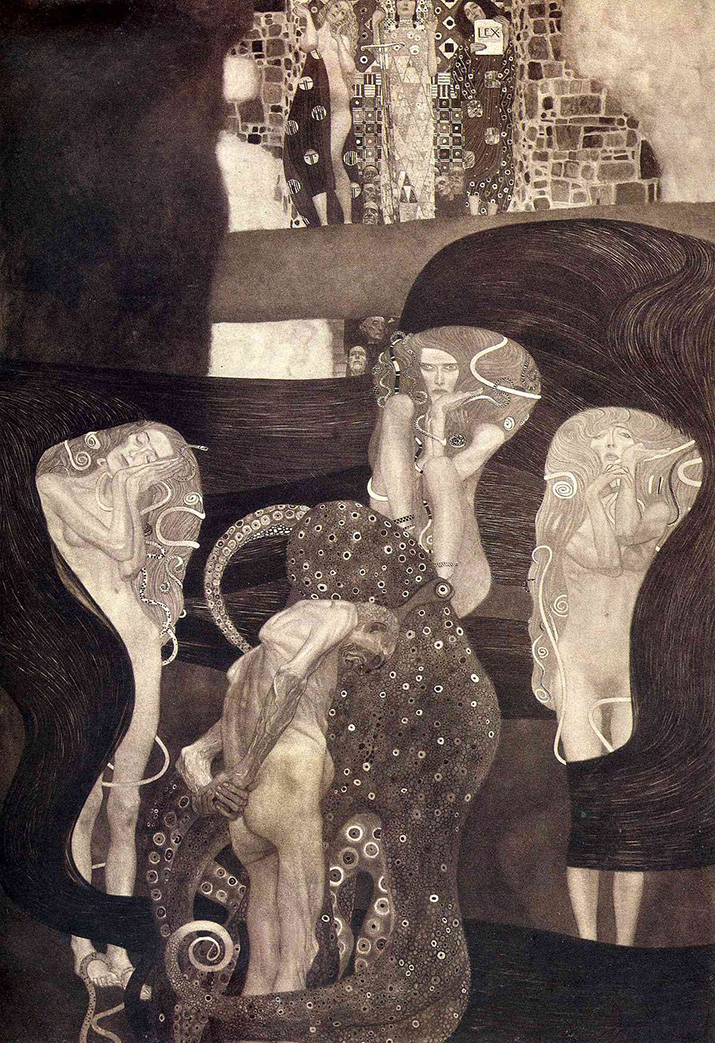An inseparable pair
The absence of war is not always synonymous with peace. Indeed, when order reigns supreme, there is often a need to worry, even if the trains arrive on time. There is certainly an absence of conflict in situations of oppression, when the weak are subject to the arrogance of the strong and do not have the tools to react and oppose. Peace and justice do not exist one without the other, they feed upon each other. Which is not even a new idea, it is written in books spanning a thousand years, but it cannot be said that everywhere people have fought with the same ardour in order to put it into practice. Since the law was invented, "the law is the same for everyone", but "we are not all equal before the law," as apparently claimed by a successful lawyer who sold cars. It is equally true, however, that imperfect justice is always better than the law of nature, which completely ignores equality and is based exclusively "on subordination and dependence", as claimed by the Marquis of Vauvenargues, who was also a "moralist.” But he was French, and when the French speak of equality they must be listened to carefully. It follows that in order to pursue the ideal of peace, judicial systems must also be improved.
For this reason, the seventh biennial report just released by the European Commission for the efficiency of justice by the Council of Europe (Cepej) is of particular importance. The data is relative to 2016 and for the first time the impact of migrants and asylum seekers on the system is taken into account. The study concerns 45 states and 850 million citizens (Liechtenstein and San Marino did not participate, as previously in the past, while Morocco and Israel provided data as Cepej observers). In general, the trend seems positive. Following the 2008 crisis, the budget allocated to the judicial system increased, albeit to varying degrees in the various states, which had a general per capita increase of 10.88% in the two-year period 2014-2016. The figure demonstrates a reversal in the trend as a result of diminishing resources earmarked for justice spending in the two-year period 2012-2014, a period which had marked a worrying -7.34% decline compared to past numbers. Italy follows the trend and goes from 72.7 euro per person in 2014 to 75 in 2016. The European average is 64.5 euro, 6 more than in 2014, due to a notable increase from Andorra, Germany, Iceland and Monaco. Switzerland did best of all with € 214.8.
The report is extensive and analyzes personnel costs, the percentage of women among magistrates, the overabundance of lawyers, and the length of proceedings. There are many numbers to keep an eye on, but it must be done since peace also depends on how long it takes to obtain justice.

Gustav Klimt, "Jurisprudence" (Destroyed in the Immendorf Castle fire, 1903-1907)






